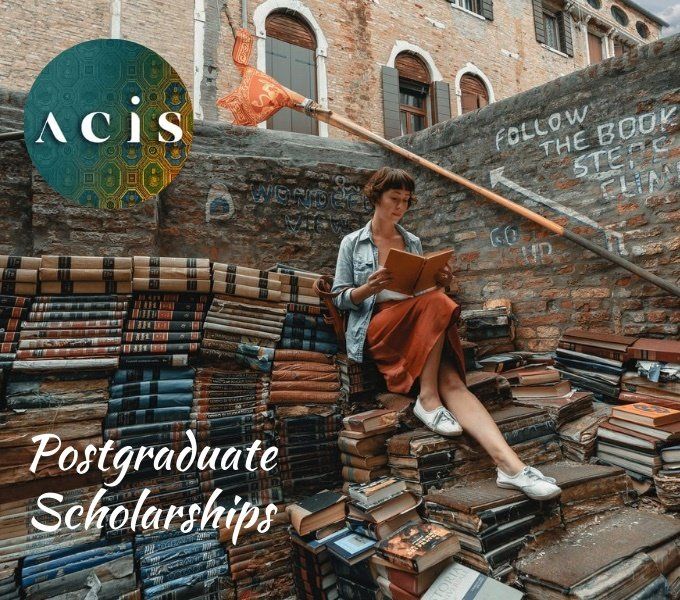Quaderno poetico #2: Peeling off the labels
Theodore Ell University of Sydney
When you write about authors who aren’t household names, the first thing you’re expected to do is place them somewhere in history, otherwise their writing won’t make sense. In Piero Bigongiari’s case this seems easy, as the job has been done for you by decades of common sense. The standard line is to say that Bigongiari was one of the terza generazione of ermetici. That is, he belonged to a group of poets who followed Ungaretti and Montale, dwelling on the abstract, the dreamlike and the mysterious. Other members of the terza generazione were Mario Luzi, Alessandro Parronchi and Alfonso Gatto, along with the critics Carlo Bo and Oreste Macrì. They all met as students in Florence in the 1930s, gathered in cafes for fervent discussion, and enjoyed one flowering of pure, apolitical poetic creativity (ignored by the Fascist regime, which didn’t get poetry) before the post-war shift leftwards in Italy’s cultural scene. Their moment was interesting while it lasted, but circumstances and politics turned taste elsewhere. This seems foolproof: the terza generazione come as a boxed set labelled Montale’s Friends , which fills out the library but which you pass over to read bigger things.
The problem with this approach is that it’s uncritical. In fact, it’s only triage. The terms terza generazione and ermetismo come to us easily because we don’t know enough about the poets concerned. Bigongiari, Luzi, Parronchi, Gatto, Bo, Macrì and others did indeed become friends as students in Florence in the ’30s, and their work does indeed relate seriously to that of Montale and Ungaretti. But is it fair to lump them together as ermetici ? And if not, how can they be a terza generazione of something they don’t represent? The truth is, they weren’t given a choice. The labels ermetismo and terza generazione were imposed by critics.
The word ermetismo was thought up by the critic Francesco Flora in 1936 to belittle the poetry of Ungaretti, which he regarded as vague intellectual fakery. This poetry’s Muse seemed to be Hermes, the uncatchable, ungraspable, elusive messenger God, rather than Calliope, Erato or Polyhymnia, respectable and clear-thinking figures who stayed still. The name also nodded to (or sneered at) Hermes Trismegistus, a figurehead for the practice of alchemy, and thus, in Flora’s eyes, the face of the intellectually suspect. Flora’s attack was vicious and missed the point – Ungaretti’s poetry was puzzling to read because his great subject was the mysterious quality of life – but the label ermetismo stuck. Bigongiari and company matured just when Flora coined it, and as the newest and least known arrivals on the scene, they were the most vulnerable to misunderstanding. They never asked for a label, never formally declared a movement, never wished to be thought of as other than themselves, but in the eyes of the influential they looked like a movement, so a movement they would be – despite protests.
The notion of a terza generazione (and a prima , a seconda and even a quarta generazione ) was conceived by Oreste Macrì in 1953, in an effort to bring some historical order to the way modernist Italian poetry was understood. Macrì was perceptive: important stylistic shifts could indeed be observed in the ‘waves’ of poets appearing on the scene over time and taking cues from their forerunners. Following Ungaretti’s spare, intensely evocative fragments came the densely-woven lyrics of Quasimodo and Montale, and following them came the concentrated personal meditations of Bigongiari, Luzi, Parronchi and Gatto. Macrì’s idea of “generazioni” was an attempt to break away from labels (he never classified these poets as ermetici himself), but they were too firmly set. The terza generazione del novecento was automatically the terza generazione dell’ermetismo because, to the reading public, ermetismo and the names of certain poets were assumed to be one and the same. And this still stands. None of which matters deeply, as long as we use these labels for the right reasons. They do help us to find these poets on the shelf; they have a lot in common that calls interestingly for a name. But you can’t let labels do the work for you. The ones that currently exist have only made us forget this sector of poetry, not remember it, much less investigate it. “ Ermetismo – aha! Abstraction, obscurity, difficulty. Terza generazione – the third wave of culprits!” Not true. Put the labels aside, forget all the assumptions, and soon you’ll see what Bigongiari and his companions were actually like.
Share this:
- Share on Tumblr
- </div></li><li class="share-end"/><li class="share-reddit"><div class="reddit_button"><iframe src="https://www.reddit.com/static/button/button1.html?newwindow=true&width=120&url=https%3A%2F%2Facis.org.au%2F2013%2F08%2F26%2Fquaderno-poetico-2-peeling-off-the-labels%2F&title=Quaderno%20poetico%20%232%3A%20Peeling%20off%20the%20labels" height="22" width="120" scrolling="no" frameborder="0"/></div></li><li class="share-end"/></ul></div></div></div></div></div> <div id="jp-relatedposts" class="jp-relatedposts"> <h3 class="jp-relatedposts-headline"><em>Related</em></h3> </div></div> </div>








